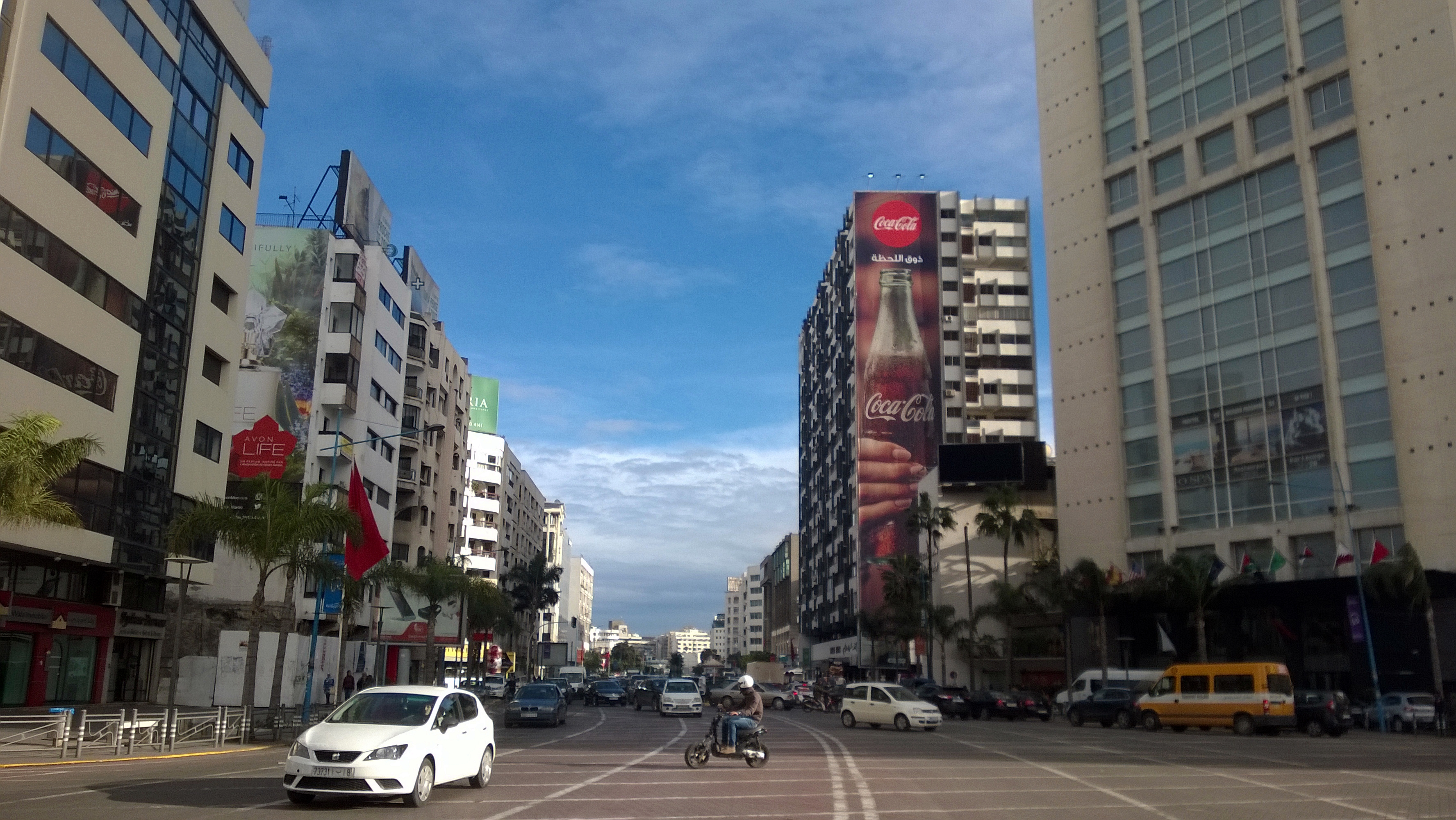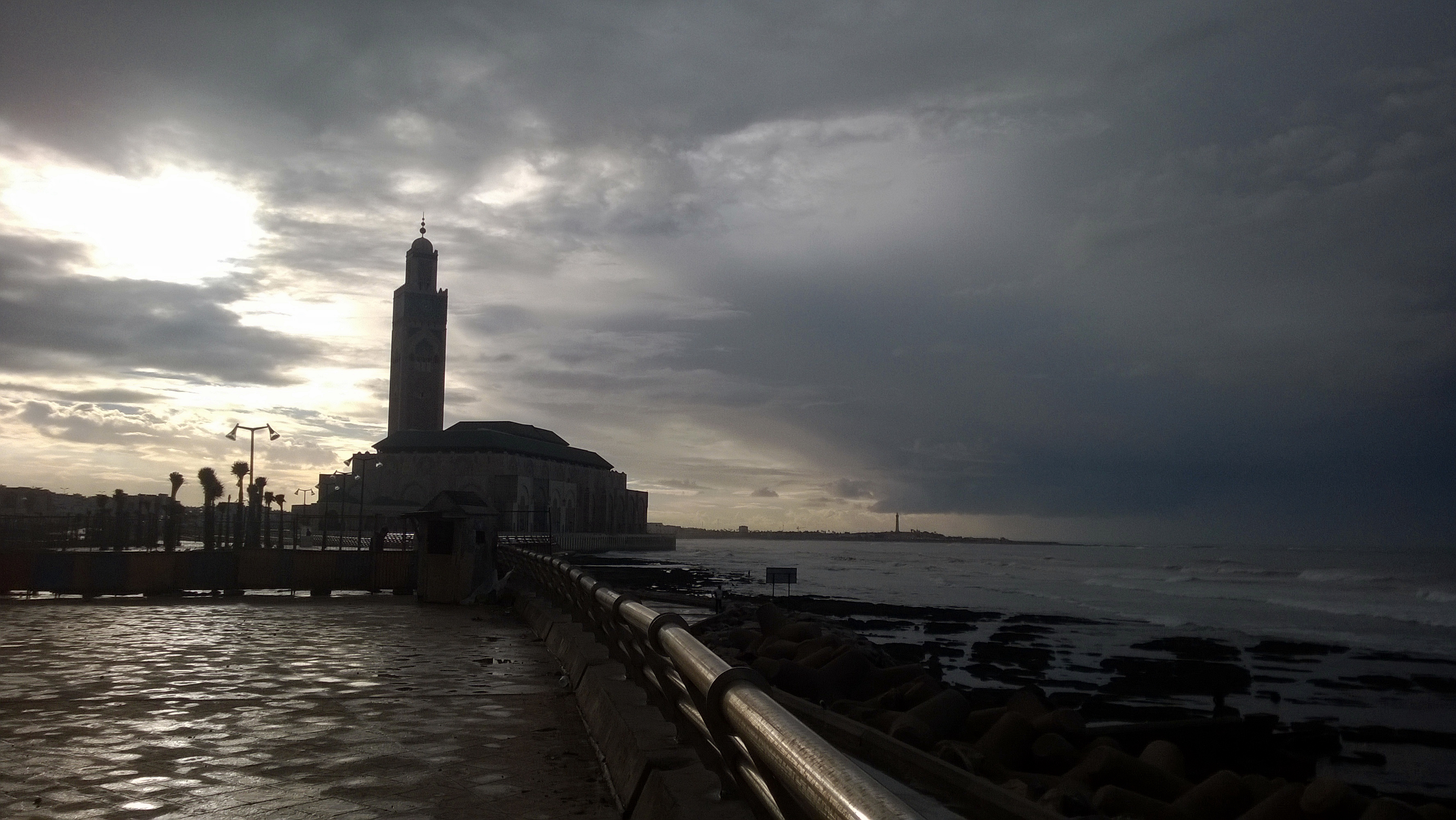We have a busy, tiring but even more exciting and productive journey behind us. We are back from Morocco, with a lots of information, ideas and plans.
As we promised, in this post we are going to share our experience of Morocco with our readers, what we personally gained there, preparing the set-up of the subsidiary WebGarden and the office opening.
The three of us left from Budapest to Casablanca on 21th November 2016. Endre Kodolányi, the owner and Executive Director of WebGarden, Attila Gál, the Deputy Director and one of our friends made the team stronger.
The way we solved flying there was not the easiest (we wanted to travel cost-effectively): we travelled from Budapest to Vienna by car, from there by airplane and had a transfer in Paris. It’s not the shortest solution, talking about time, but since we booked late, this was the only option. Normally, there is a Budapest-Paris-Casablanca or Vienna-Marrakech flight, which are worth to take. So, lesson learnt: we book our tickets earlier next time.
But why Casablanca?

When the idea that we would like to open an office in Morocco came up, the following cities came into our mind (mainly because of the infrastructure: the 100Mbit-Internet of Maroc Telecom is available in these cities, and also there is a direct or one-transfer-flight to there):
• Tangier-Tetouan
• Rabat
• Marrakech
• Casablanca
In the first round, we approached the decision from the side of costs: how much does it cost to rent an office and an apartment, how much does a lunch, a cab, public transportation, etc. cost. According to what we have experienced, Marrakech is quite cost effective, but Casablanca is one of the most expensive cities (but might be the most expensive one). But all together, for a Hungarian company there is no significant monthly difference of the amount of money that could be saved by choosing a city.
The most important question, that basically decided where to open our office, had been answered by the Rekrute.com HR Company, to whom we have got introduced by the Moroccan Investment Agency.
Our question was about their database, namely, how many IT-employee it contains and how many out of this is a PHP programmer, what is the distribution per cities and what salary requirements do they have.

Meetings, results
The week spent in Morocco was quite busy, but thank to this, successful, as well. We have met the HR company, that undertook the recruitment. The Rekrute owns Morocco’s biggest database of CVs, that’s why they can offer their services quite confidently. Since we have found them very likable, we decided to stop looking for another company and to work with them.
On the second day, Maria Ouazzani Chahdi from the Moroccan Investment Agency arrived from Rabat and helped us personally to obtain more detailed information about company set-up and the administration of it.
Firstly, we went to the OMPIC Agency, where we had to require a document, a so called “Certificate Negatif”, that proves, there is no other company registered with a similar name in Morocco, and that within one year from the date of its issuance only we can set up a company with this name. Besides, the Agency expressively suggested us to obtain a patent by them on our logo. As soon as our Moroccan company is set up, we can start the procedure, which goes quite quick and is cheap. People at OMPIC were very nice, explained all the procedures and we also acquired the “Certificate Negatif” at the same time.
Our next visit had been to CRI (Centre Régional d'Investissement), while we were there, we have met the Hungarian Delegation, as well. People here were also very nice to us and explained everything that can be interesting for a foreigner, who wants to set up a company in Morocco. Actually, we met the greatest surprise here, because besides the fact, that the company was set up in one week, we also learnt that in case of fulfilling some specific criteria, we shall be exempt of paying any form of common charge within 5 years. Furthermore, at the end of the meeting we were also told that the ANAPEC (see below) pays our company a training grant after each hired employee, which is not a tiny sum, by the way.
On the third day we visited ANAPEC, it’s similar to what Work Centre is in Hungary. People here were also very kind and we were told, they give access to their database, so that we can sort the potential colleagues as we wish and that we can hire the ones who are the bests for us. Moreover, they told us as well, that they give us a training grant for before-employment-training, employment training and continuing training after each person employed and after those who are going to be employed, which is a nice amount of money.



